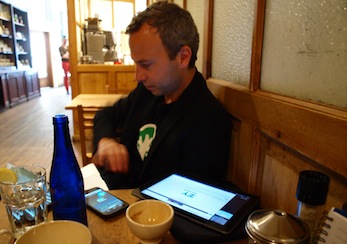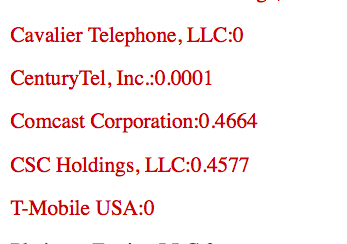Telecom consultant Gary Audin has recently come out with a solid overview article on a question that has no doubt kept telecom wonks up at night: Can the PSTN be Shut Down?
I include myself in that geeky group who ponders whether the public switched telepone network (PSTN) can be unplugged. For those not familiar with the building blocks of our legacy telephone system —class five and four switching points, trunks, copper pairs—his article should be edifying.
Audin’s end-of-life discussion (available from webtorials.com) was triggered by an AT&T comment submitted to the FCC back in December 2009. The unthinkable is more than an academic exercise for our nation’s largest carrier. In their filing, AT&T asked the FCC to workout a “firm deadline for the phase out of POTS service and the PSTN.”
AT&T was writing in response to the FCC’s National Broadband Plan inquiry, and their suggestions and advocacy are framed as a way to achieve this agency’s call for universal broadband: dropping support of the PSTN, they say, will allow it to focus on in its major IP initiative, U-verse (more on that later).
I suppose I’m impressed that AT&T is looking to the FCC for leadership in this area, considering their overall low opinion of our nation’s telecom regulators.
So you know they must want something.Continue reading



